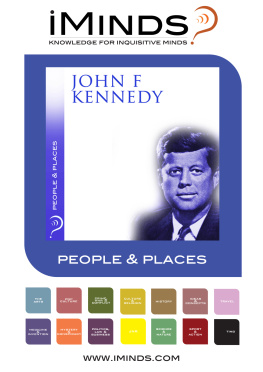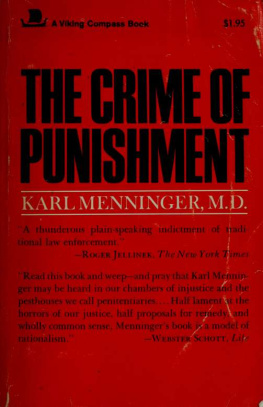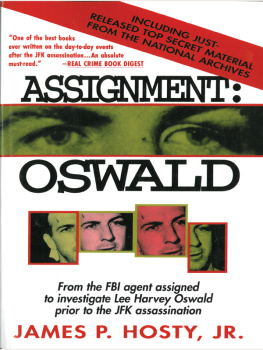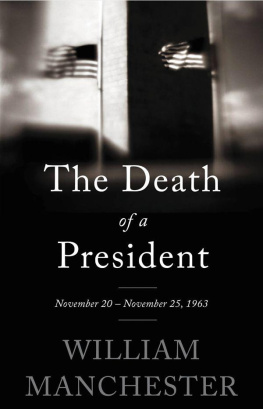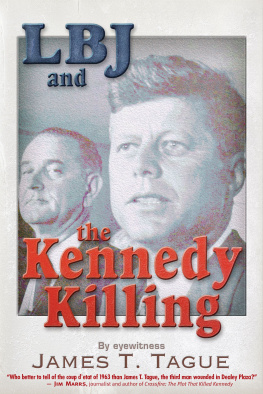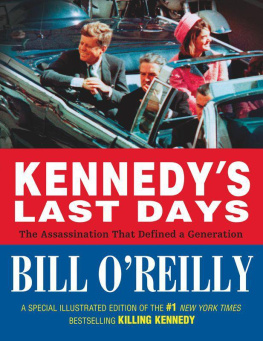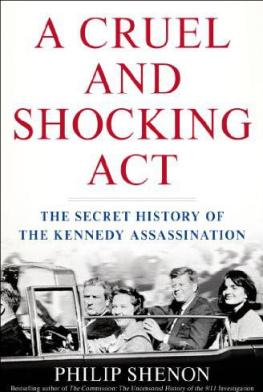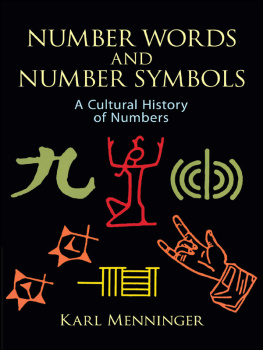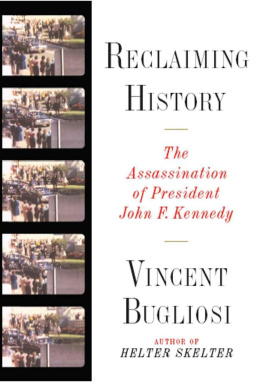MORTAL ERROR
MORTAL
ERROR
THE SHOT THAT KILLED JFK
BONAR MENNINGER
HUNTER'S MOON PRESS
KANSAS CITY BALTIMORE

MORTAL ERROR: THE SHOT THAT KILLED JFK. Copyright 2013 by Bonar Menninger and Hunter's Moon, LLC. All rights reserved. No part of this book may be used or reproduced in any manner whatsoever without written permission, except in the case of brief quotations embodied in critical articles or reviews. For information, address Hunter's Moon, LLC, PO Box 1287, Mission, KS 66222.
First published by St. Martin's Press in 1992.
ISBN 149095242X
Second Edition
Dedicated to Howard Donahue
1922-1999
About the Author
Bonar Menninger is a freelance writer based in Kansas City. He is also the author of And Hell Followed With It: Life and Death in a Kansas Tornado, published by Emerald Book Company in 2010. For more information, visit topekatornado.com.
CONTENTS
Acknowledgments
LIST OF DRAWINGS
MORTAL ERROR
Quotes from conversations in which Howard and/or Katie Donahue participated were reconstructed from their recollections of events. Unless otherwise noted, all other quotes were from interviews by the author in 1991.
A CHANCE TELEPHONE CALL
FATE SOMETIMES HOLDS A MAN IN CHECK until his moment arrives. Hidden skills and talents lie dormant for years, only to surface after a chance encounter or extraordinary event. It is a common phenomenon but no less dramatic each time it occurs.
So it was for Howard Donahue. Donahue was a salesman most of his career. For years, he supplied pharmaceutical products to drugstores around Baltimore; later he sold missile components to defense firms across the South. After that, Donahue realized a lifelong dream and opened a gun shop.
But Donahue's real calling was detective work. His abilities in this area did not emerge until he was middle-aged, and had it not been for a chance encounter in the spring of 1967, they probably wouldn't have surfaced at all.
What Howard Donahue didpart-time, on weekends, over the course of twenty-five yearswas investigate the assassination of President John F. Kennedy. In this he was no different from thousands of other amateur sleuths. Except that, unlike others, Donahue possessed considerable knowledge of firearms and ballistics and a remarkable ability to imagine and understand. In time, these traits allowed him to spot inconsistencies in the evidence that virtually everyone else had missed. So Donahue pulled the string. And kept pulling until, in the end, the vast tapestry of fact, fiction, and paranoid fantasy surrounding Kennedy's death unraveled in his hands.
Donahue's startling opinion about what happened on November 22, 1963, remains unconventional in the extreme. It is controversial. It is also profoundly compelling, because more than any theory ever put forth about Kennedy's death, Donahue's understanding is grounded in facts and evidence alone.
What Donahue discovered was this: The bullet that slammed into Kennedy's skull could not have been fired by Lee Harvey Oswald. Donahue understood who actually pulled the trigger. And he saw why this savage irony had remained buried for so long.
Donahue's conclusions grew from a lifetime's experience with firearms. From his earliest boyhood days, Howard was fascinated by hunting and guns. That passion took hold in the woods and hills around Malone, New York, where Howard was born in 1922, the middle son of Michael and Mildred Donahue. Howard's father was a successful advertising executive who'd opened his own agency in the small upstate town; his mother was a friendly, easygoing woman who had grown up on a farm.
Michael Donahue's firm thrived through the twenties, but with the onset of the Depression revenues dried up and closed the business down. In 1932, Michael Donahue accepted a job with a manufacturing firm in Baltimore, Maryland. Although he had been forced to terminate his business in upstate New York, the elder Donahue had insulated himself well against the Depression. As a result, the family was able to settle in a fashionable district near the sleepy town of Towson, just north of Baltimore.
Howard didn't always get along with his father, a cold, austere man, and his emerging personality favored his mother's. He was a charming, happy-go-lucky kid; a neighbor sustained the boy's interest in hunting and fishing, and before long the outdoors were the ruling obsession in young Howard's life. Spring afternoons would find him fishing for bass and trout in the ponds and creeks beyond Towson or hunting rabbits past the edge of town. In summer, Howard returned to upstate New York to hunt squirrels and fish with his uncle on the family farm.
Even as a boy, Howard combined his interest in firearms with a natural mechanical ability. At age eleven, he traded his Flexible Flyer sled for a defective .22 caliber rifle. The gun's barrel had been drilled off center, making it woefully inaccurate. Howard trued the gun by simply pounding the sight slightly to the left. He was soon the best shot in the neighborhood. By his early teens, Howard was consistently winning top honors in National Rifle Association junior marksman competitions in Baltimore and eastern Maryland. When he wasn't competing, he could most often be found tinkering in his bedroom with shotguns and rifles or taking target practice in the fields beyond Towson.
Donahue's graduation from high school came in the spring of 1940 as German tanks slashed across Europe. That fall, Howard entered the University of Maryland to study engineering. When the Japanese attacked Pearl Harbor, Howard enlisted in the Army Air Corps Reserves and waited to be called up. Word came down in the spring of '43.
Donahue spent the better part of the next year training as a bomber pilot at airfields across the South. In May of 1944, the twenty-one-year-old lieutenant shipped out. He arrived in England just after D day and was assigned to the Eighth Air Force as a B-17 Flying Fortress copilot, based at Bassingborn, England, thirty miles north of London.
All told, Donahue would fly thirty-five combat missions over Europe before the war ended. He was never wounded, but he saw men maimed and killed all around him. In September 1944, on a mission to bomb an I.G. Farben chemical plant in Ludwigshafen, Germany, the captain of Donahue's aircraft was struck in the skull by a piece of antiaircraft shell. The pilot slumped over the bomber's controls and the plane pitched down toward a B-17 flying nearby in tight formation.
When Howard tried to pull the pilot off the control yoke, the semiconscious, pain-crazed man went berserk. Donahue finally kicked the right rudder to steer the plane off the collision course, even as he continued to grapple with the wounded man. The top turret gunner soon helped restrain the pilot, and although two of the B-17's four engines were shot out, Donahue managed to limp the plane back to England.
The young airman's quick reactions and coolness getting home saved the lives of at least eighteen men, including nine in the unsuspecting bomber Donahue's aircraft almost collided with as well as the pilot, who mercifully recovered from his wound. For his efforts, Howard was awarded the Distinguished Flying Cross, one of the highest commendations in the Army Air Corps. The official citation noted his display of "courage, coolness and tenacity of purpose" over Ludwigshafen. By the time he returned to Maryland, Donahue had earned seven air medals, the Distinguished Flying Cross ETO (European Theater of Operations) with five battle stars, the Victory in Europe medal, and the Presidential Unit citation, making him one of the state's most decorated flyers of the war. He was discharged with the rank of first lieutenant.
Next page

